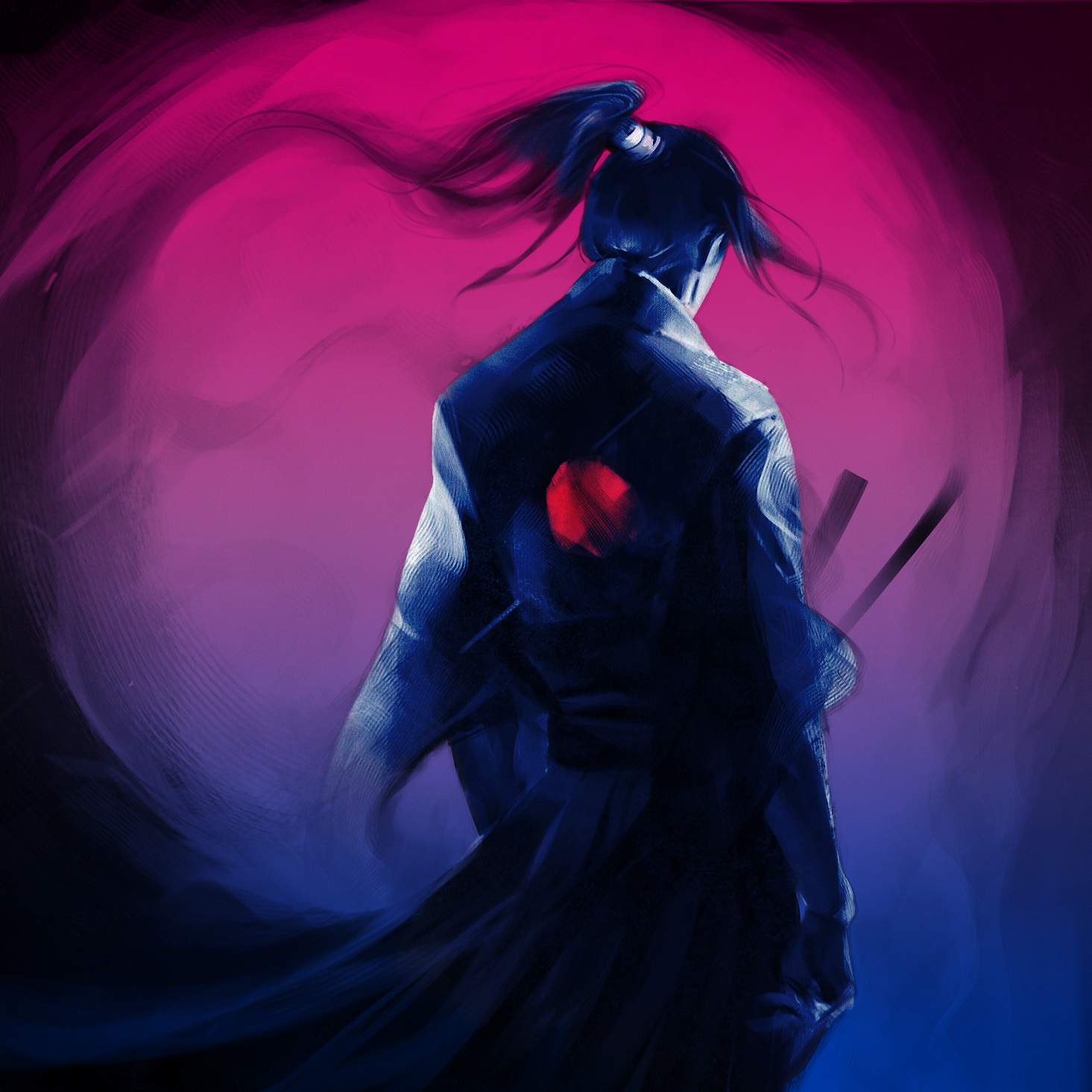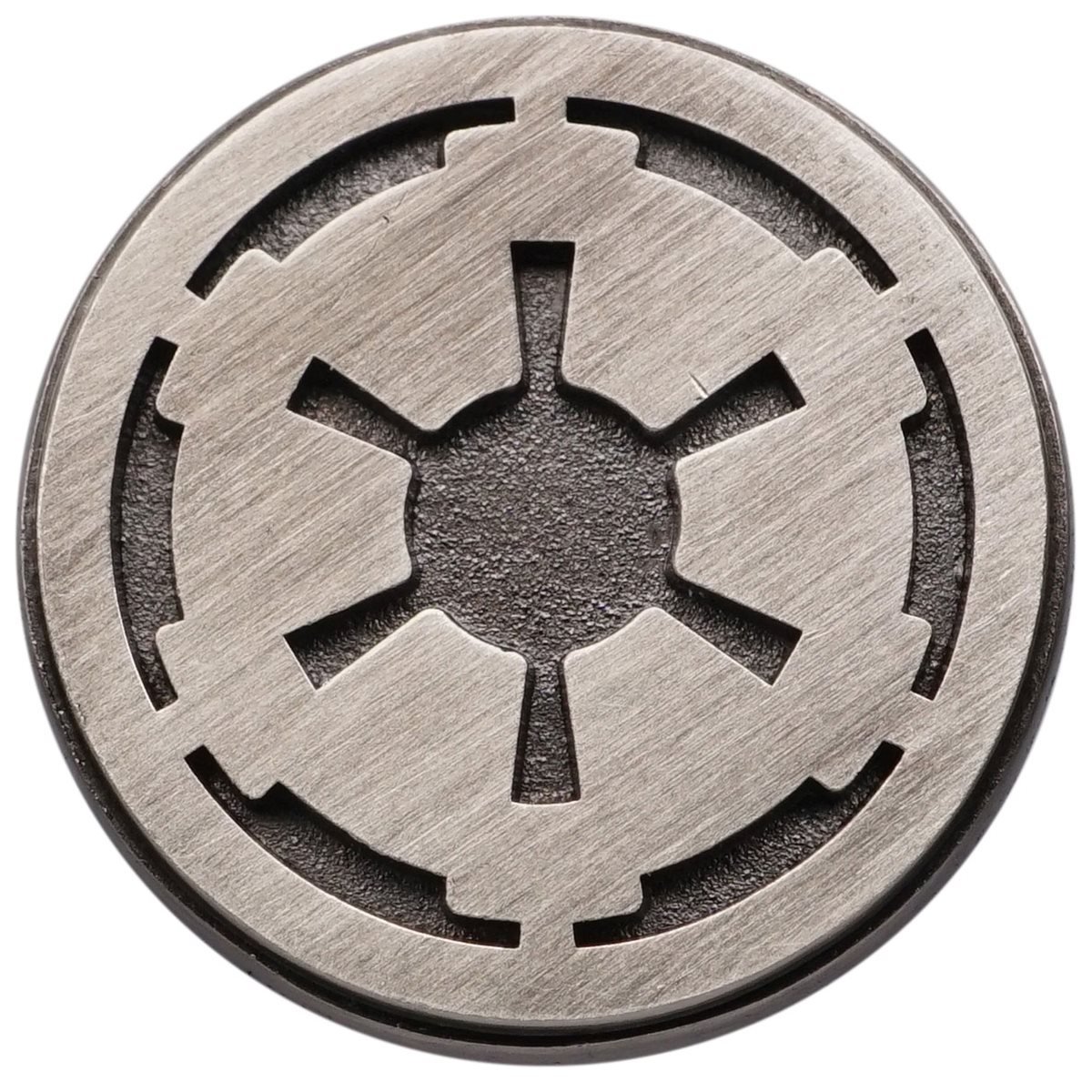The Republic of Merchants - Full Album Here
The Republic of Merchants is a country located in the far-south of the Aquarius Continent. It shares a land border with the Xin Eitu Claim of the Al’Modian Empire to its north. To its east is the volcanic land of the Imperium of Rekkaku with the Ashed Isles found to its south-east. The country itself is made up of multiple small territories and islands that border the Southern Sun Sea wherein ships are the usual mode of travel from one area to another. The country is made of 4 main states with multiple sub-territories. The small country boasts a vast sum of wealth with a yearly sum of trade valued in the 4th spot for largest amount of trade only beaten out by the three major empires of the world. The Republic was founded during the Infernal Transgressions and would boil over into the Sunless Sea War which saw the rise of new power shift throughout Southern Aquarius.
The Infernal Transgressions
The Infernal Transgressions was a time period between 786 P.E and 788 P.E in which the Al’Modian Empire launched a series of domestic inquisitions to kill followers of Humarian religions. Tensions had been building over the last several decades after the Silence of Saints brought an end to the Ēlian pantheon. Despite this, many still followed the old ways within Al’Mod for years and this would ultimately culminate in violence against those that followed the Humarian religions in an attempt to keep the growing influence of the new god out.
When the Infernal Transgressions reached the south-western trade cities of the Empire in mid-786 P.E, many of these cities were already hosts to the newly established pantheon brought in by Blackreaver and Aquarian merchants. The influence they brought in helped the pantheon spread further throughout the southern hemisphere which ultimately caught the eye of the Al Inquisitor. Two ships carrying 500 Al’Modian Legionaries docked in the city of Aelsaal and immediately marched on the Governor’s Plaza where they proceeded to arrest many government officials and dragged them back to the ships for interrogation by Inquisitors. Several dozen troops went to a shrine dedicated to the new god where they tied ropes to it and yanked it from its base. The event sparked an angry mob from nearby followers of the Humarian faith as they began throwing stones and bottles at the soldiers. The soldiers retaliated with spears and arrows on the civilian population which only added to the chaos; by the end the event known as The Sanguinar it had left 22 people dead and another several dozen injured. In haste to retreat from the growing anger of the crowd, a soldier tossed a firebomb into a nearby stable which caught fire. It spread rapidly, engulfing the entire Varrian District in smoke and flame.
Back at the docks, crowds were already beginning to gather around the event that was taking place as their government officials were being led onto the ship in chains. Soldiers from the Aelsaalian Guard would eventually show up followed by a commander who ordered the officials be let go and to provide evidence of wrongdoing. The order was denied and were told to return to their barracks by the Legionaries who were becoming more worried about the vast number of people. Anger erupted from the far crowds as the retreating Legionaries were now in eyeshot as they shoved their way through the crowds trying to get back to the docks, with smoke quickly rising over the city. The docks turned into a full scale riot.
In the madness of the clashing with the Legionaries and the people, an official of Aelsaal shouted to the Guard to attack the Legionaries before being struck down. The commander, initially hesitant, ordered his troops to attack and rescue the officials. The troops did as ordered and were quick to establish a foothold on the dock entrance where they clashed with the Al’Modian Legion. A firebomb was once again used, this time by the Guard who managed to toss one onto one of the two ships. The explosion would spark an oil fire aboard and detonate several barrels at once. The explosion blasted out the windows of the surrounding buildings and Legionnaires began retreating back towards their remaining ship. The ship would take off early, leaving many trapped behind as well as taking several officials with them. Remainders were either killed or arrested, many drowned.
News of what had happened in Aelsaal would reach the other trade cities but most of the interest fell on the ears of the island of Iewain. The island had been an independent country nearly 50 years prior before it was invaded by Al’Modian forces. An armistice would be established within 3 days where it was promised that the government could continue to rule over the island but under the control of the Empire; the deal was accepted and the population’s resentment towards the Empire grew in the decades after. The Iewain Nobility saw the bloodshed in Aesaal as an opportunity to free themselves from the Empire’s control and even further damage the Empire through its finances. A hand was reached out by Iewainian Lord Prokol Ver to Aelsaal and help repair their city as well as offer up finances for new weapons and soldiers.
On 27th of Sun’s Rest, nearly 5 weeks after the riots in Aelsaal, five ships docked in the Iewainian port city of Niseh. As they marched through the streets many of the Legionaries took notice of the lack of crowds in the streets. Upon reaching the first plaza, Iewainian fire mages lit explosives beneath the street causing a cave-in directly into the sewer below. In the midst of the panic, archers from the rooftops began firing down into the masses of soldiers. Those that managed to claw their way out of the rubble dropped their weapons and ran towards the harbor where they were met with a horrifying sight – all their ships had been sunk. Iewainese soldiers would arrest those who surrendered and killed those who did not.
Iewain would aid in sparking several other attacks on Al’Modian ships throughout the Southern Sun Sea, the Empire would begin attacking merchant ships within the region which only added fuel to the growing issues. As tensions in the region increased, Al’Mod soldiers were stationed in the region of Tufaro to act as a barrier between Iewain and Aelsaal with ships. Portions of the cities of Al’Aenalieh and Shoka’m would force out citizens from their homes to house the soldiers, all the meanwhile still carrying out the Inquisition Orders. In what would become the bloodiest day so far of the Infernal Transgressions, on the 58th of Moon’s Light, 766 P.E, Inquisitors and Legionaries would kill 253 people including children in Al’Aenalieh. One of the people unknowingly killed that day was the son of Sorya Abal, a high ranking Al’Modian noblewoman. When word reached Sorya in Ai-Sri, she gathered her army of 3000 and marched on the city wherein she ordered the bloodshed of all the Inquisitors and Legionaries. The fighting would drive-out the Empire’s presence from Tufaro and Sorya would be declared a traitor to the Empire.
The Battle of the Three Crowns
The largest battle of the Transgressions would take place in the late-winter of 787 P.E with The Battle of the Three Crowns. An Empire patrol ship would be spotted off the coast from Tewei and the Iewainese navy would make chase after it. The small ship would duck between the Three Crowns islands where the Iewainese would come into direct conflict with a formation of Al’Modian Ships. Fighting would commence just shy of noon with a volley of fire from Al’Modian fire mages. Raids on ships was the most common way of fighting due to the lack of room to maneuver ships. By the mid-afternoon another dozen Iewainese ships would come in from Niseh and Tewei, with half-a-dozen Al’Modian Ships from Nariin. The fighting would last until nightfall where locals on the Three Crowns described the battle as ‘the ocean itself set ablaze’, but would finalize in a Iewainese victory as the last ship of the Al’Modian formation went down in flames.
The battle would signal that the Infernal Transgressions were a much larger situation in the south-western reaches of the Empire. The victory would also flip the opinions of several Al’Modian Nobles in the city of Al’Midden who believed that the Empire was starting to lose its strength. They would instigate an insurrection with the help of Iewainese soldiers and by the end of 787 P.E The Horn was united with the other southern trade cities in their fight against the Empire and would officiate themselves as ‘The Republic of Merchants’.
It took me a few re-reads to track all the relationships between the proper nouns in this, but I think I’ve got most of the relationships pretty figured out now. With that in mind, a couple questions:
-
Did the apparent ‘death’ of the Al’Modian deities have any significant cosmological impact in the world? Beyond the purely social ones you discuss here, I mean. Any major changes in ‘how things worked’?
-
As various Al’Modian nobility broke from the empire (either out of personal vendetta or pragmatism), how were they viewed by their newfound allies? Conversely, how did they view their new allies? Did they fear they might be turned on, or was it a fairly ironclad alliance?
Did the apparent ‘death’ of the Al’Modian deities have any significant cosmological impact in the world? Beyond the purely social ones you discuss here, I mean. Any major changes in ‘how things worked’?
It wasn’t just the Al’Modian deities, it was everyone’s deities. The Silence of Saints was an event that happened sometime in the 730s when the gods no longer talked to the mortal realm. Many Listeners of the gods had also reported a similar ring in their ears the day that it had happened: A rattling of chains. This entire event in turn up-ended many power systems that had existed for nearly 500 years and plunged the world into an era of uncertainty known as the Age of Twilight. The new thing however was the expansion of the new Humarian pantheon which followed the concept of gods that had ascended from the mortal plane from human souls.
As various Al’Modian nobility broke from the empire (either out of personal vendetta or pragmatism), how were they viewed by their newfound allies? Conversely, how did they view their new allies? Did they fear they might be turned on, or was it a fairly ironclad alliance?
Things would have been shaky in the first couple years between everyone. All of them joined the Republic of Merchants for different reasons, and there absolutely would have been plenty of back-stabbing along the way. It kept a lot of people on edge as they rooted out the bad and aided in propping up the good, which would ultimately lead into further struggles along the way which would get only messier during the Sunless Sea War.
-


